
Sometimes, it creeps up slowly, and other times, it hits all at once—but one day, you realize your grocery habits don’t match your bank balance anymore. Whether it’s rising prices, a tighter paycheck, or just life-shifting gears, your eating habits often show the first clues that something’s changed. These signs can help you know when it’s time to rethink the way you spend on food.
You Flinch at the Total Every Time You Check Out

If you’re constantly surprised—or even slightly panicked—when the cashier reads out the total, that’s a clear sign your food spending has outgrown your budget. What used to be a casual grocery run now feels like a financial gamble, and it’s starting to stress you out. When checking out feels more like a math test than a routine task, something needs adjusting.
You’ve Started Avoiding the Fresh Produce Section
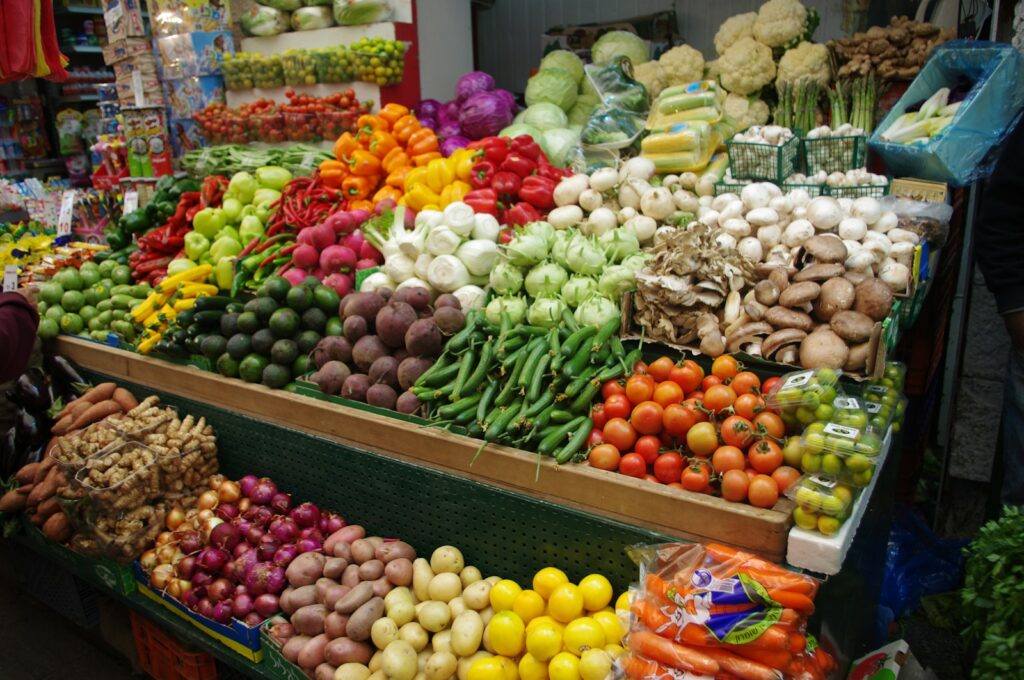
When you skip fruits and vegetables because they just cost too much, that’s a very clear signal your grocery priorities have shifted from health to affordability. You might start replacing fresh items with canned or frozen alternatives, not because you prefer them, but because you have no choice. It’s a small switch, but it often means you’re tightening up without even realizing it.
Eating Out Feels Like a Huge Splurge
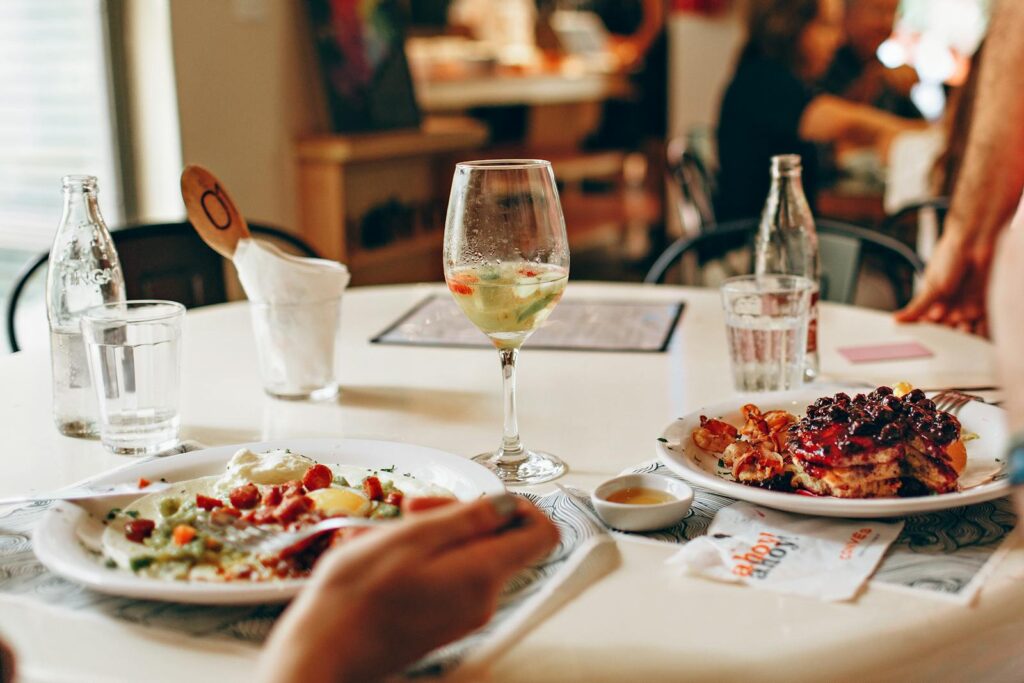
If going out for dinner used to be a normal part of your week but now feels like a luxury, you have to plan carefully—or skip altogether—you’ve likely crossed into new territory. Even fast food starts to feel expensive when money is tight, and you find yourself weighing every meal outside the house like it’s a major decision instead of a casual treat.
You’re Constantly Choosing Store Brands Over the Ones You Like

When your cart is filled with off-brand versions of all your favorite items, it’s not just about being thrifty—it often means your budget won’t allow for the “good stuff” anymore. While store brands can be smart buys, the switch is often driven by necessity, not preference. You’re compromising on taste or quality just to make the math work.
You’re Stretching Meals More Than Ever
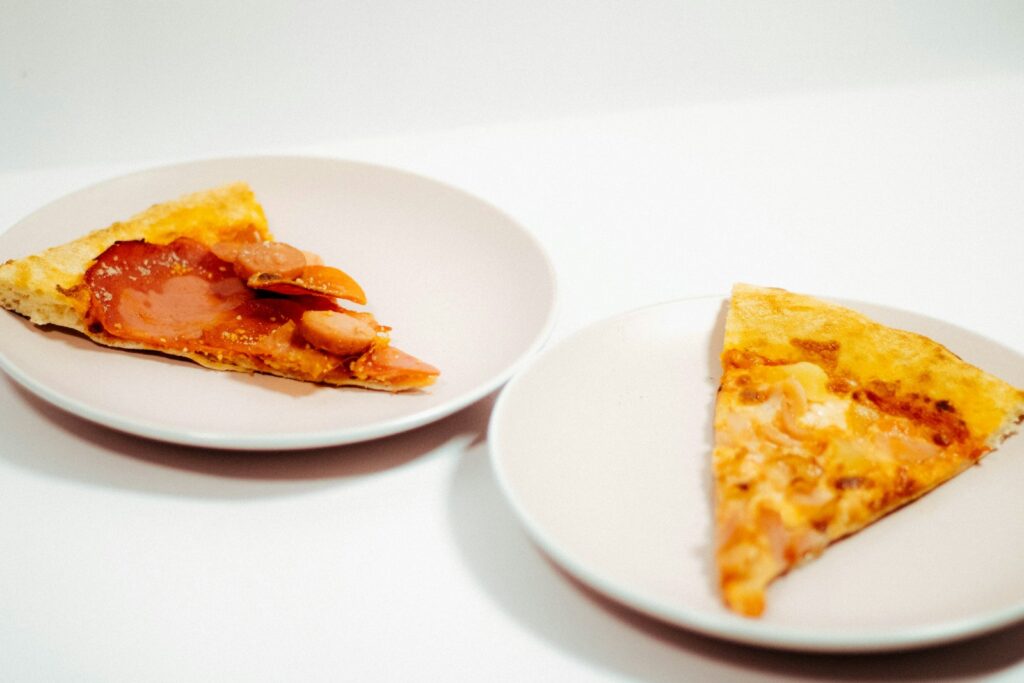
Turning one meal into two used to be about reducing waste, but now it’s about making sure food lasts longer because you can’t afford to shop again so soon. Whether it’s watering down soup or getting creative with leftovers, you’re focused more on making food stretch than on enjoying what you eat. That’s a strong clue that your food budget is under pressure.
You Avoid Recipes That Require More Than a Few Ingredients
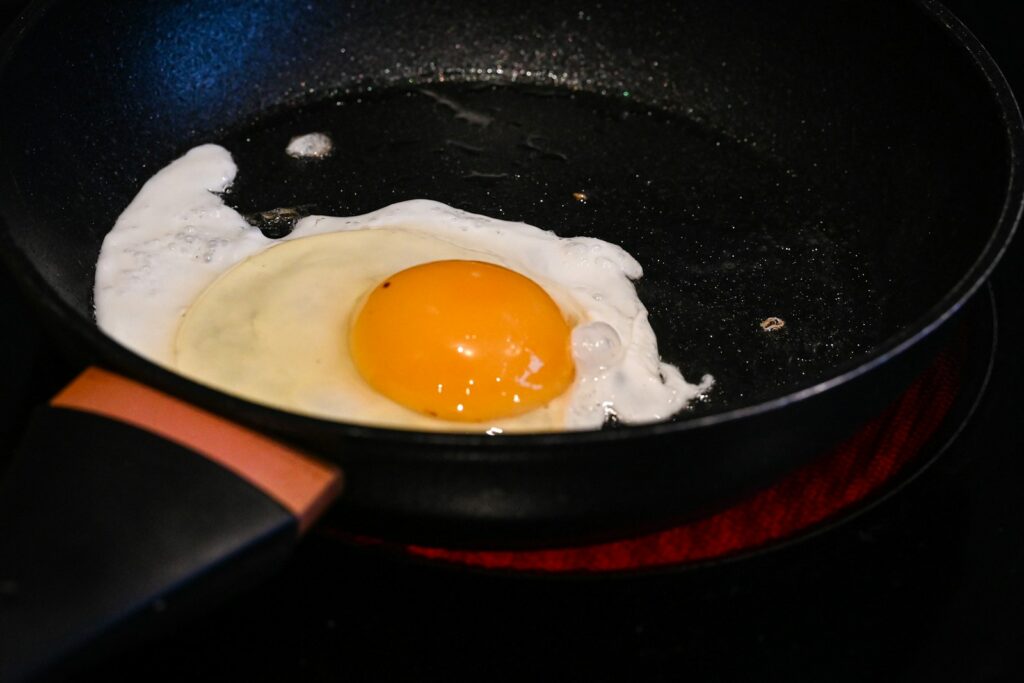
When you scroll past recipes just because they call for too many ingredients you don’t already have, that’s a quiet sign your kitchen habits are based on what’s cheapest, not what sounds best. Cooking feels more like solving a puzzle with limited pieces, and you’re skipping creative meals simply because you can’t afford to experiment anymore.
You’ve Cut Out Snacks Entirely
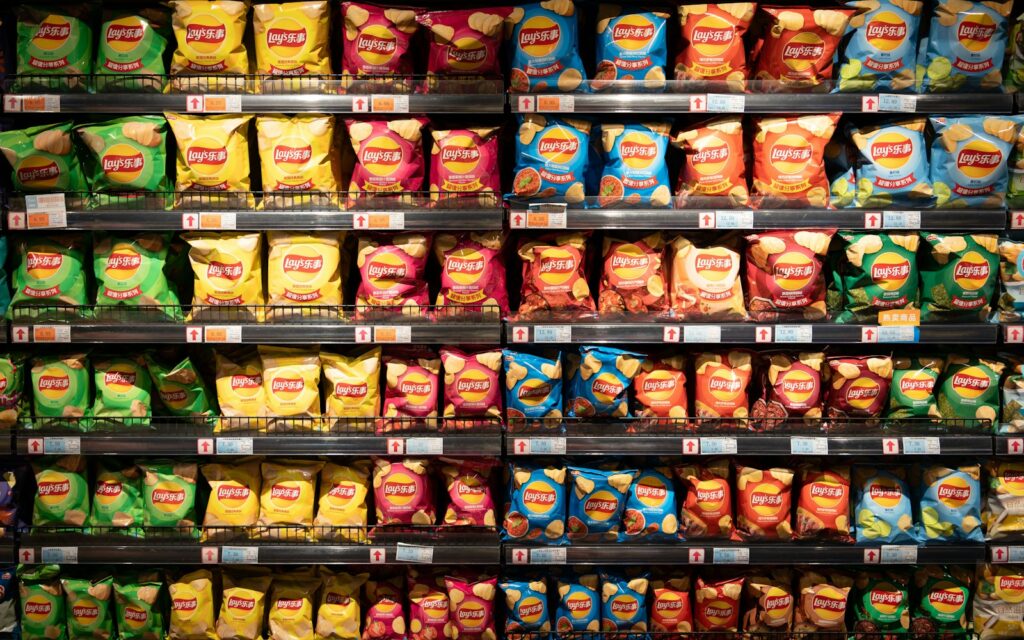
When snacks used to be a regular part of your day but now feel like a waste of money, it’s clear your budget is dictating your choices more than your cravings are. You might walk right past your favorite chips, trail mix, or granola bars at the store, reminding yourself they’re “non-essentials.” And while that might be smart financially, it often means you’re cutting back out of need, not choice.
Your Grocery List Is Down to the Bare Basics

When your shopping list reads more like a survival checklist than a meal plan—think eggs, bread, rice, and little else—it’s a strong sign you’ve cut your spending to the bone. You’re no longer shopping based on what you want to eat but on what will get you through the week. That kind of grocery list isn’t about variety—it’s about making ends meet.
You’re Planning Meals Around What’s on Sale, Not What You Want
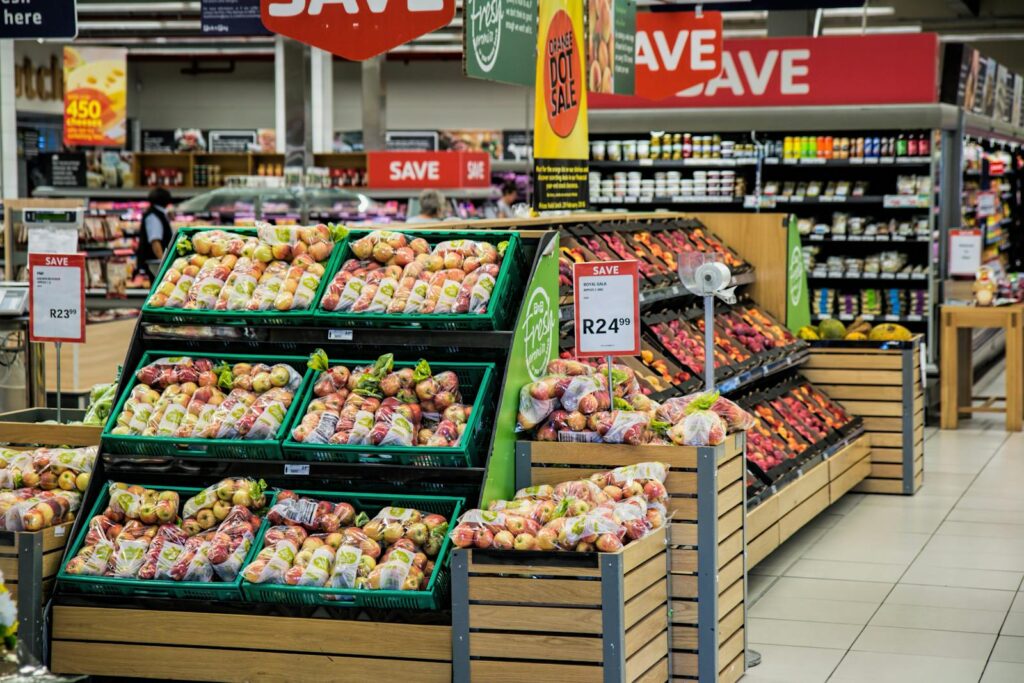
If your weekly meals depend entirely on what’s discounted and not what you’re in the mood to eat, it likely means your food budget is running the show. You check flyers before planning dinners, and even your favorites take a backseat if they’re not on special. While it’s a smart habit, it’s often a sign you’re under financial pressure when it becomes your only strategy.
You’re Skipping Breakfast or Eating Less Often

When the easiest way to save money is to skip meals, it’s a red flag. You may tell yourself you’re not hungry in the morning or that coffee is enough to get through lunch, but deep down, you know it’s about saving food. Skipping meals here and there adds up quickly—and it’s a habit that often shows your food budget can’t cover what it used to.
You Hesitate Before Buying Meat or Fish
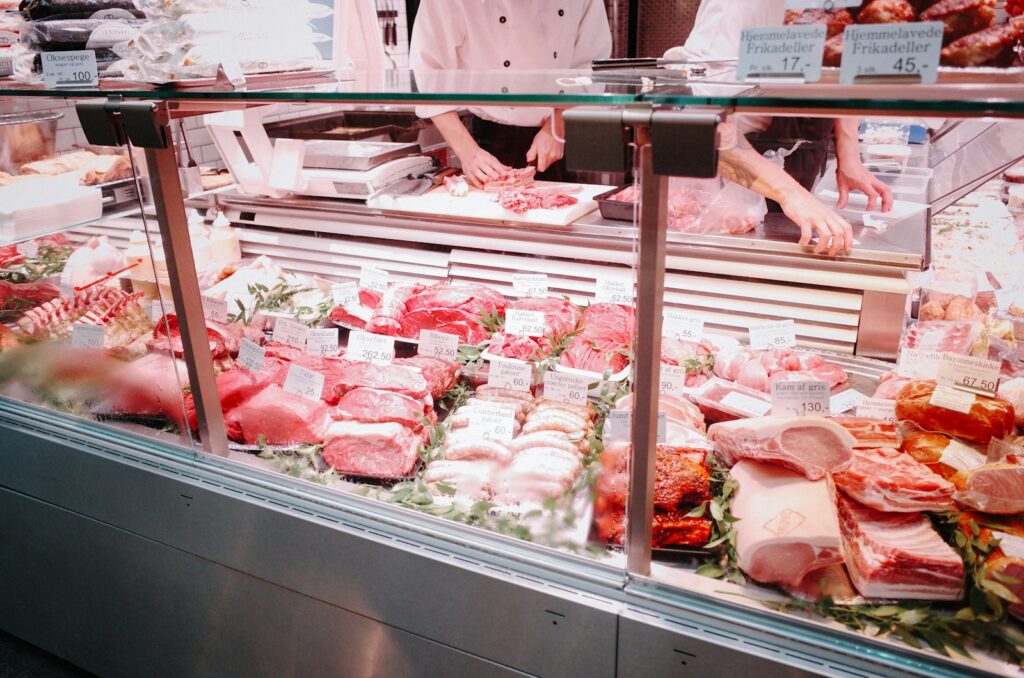
If you pause every time you reach for chicken, beef, or seafood because of how expensive it’s become, you’re likely feeling the squeeze. You start calculating the price per pound more carefully and sometimes leave it out entirely. When protein-rich foods start feeling like luxuries instead of staples, it’s a clear sign your financial comfort zone has shifted.
You’re Eating the Same Meals Over and Over

When you find yourself rotating between three or four cheap meals every week, it’s often because your food budget can’t handle variety anymore. You stick with what’s familiar and affordable, even if you’re sick of it because you know how to make it stretch. It’s not about taste—it’s about cost and how little you can spend while still getting fed.
You’re Using More Coupons Than Ever
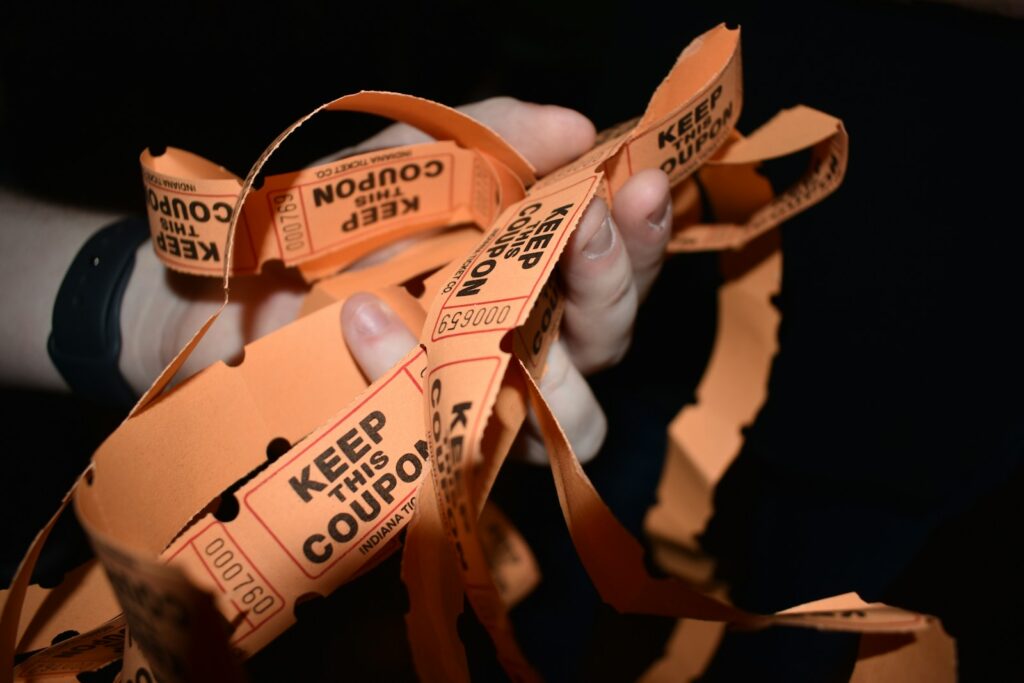
If couponing has gone from an occasional habit to a full-time food-saving strategy, it’s probably because every dollar counts more than it used to. You’re scanning apps, digging through flyers, and making sure every item in your cart comes with a discount. It can feel smart and empowering—but it’s also a sign that regular prices are no longer something you can manage comfortably.
You’ve Started Skipping Favorite Treats Entirely
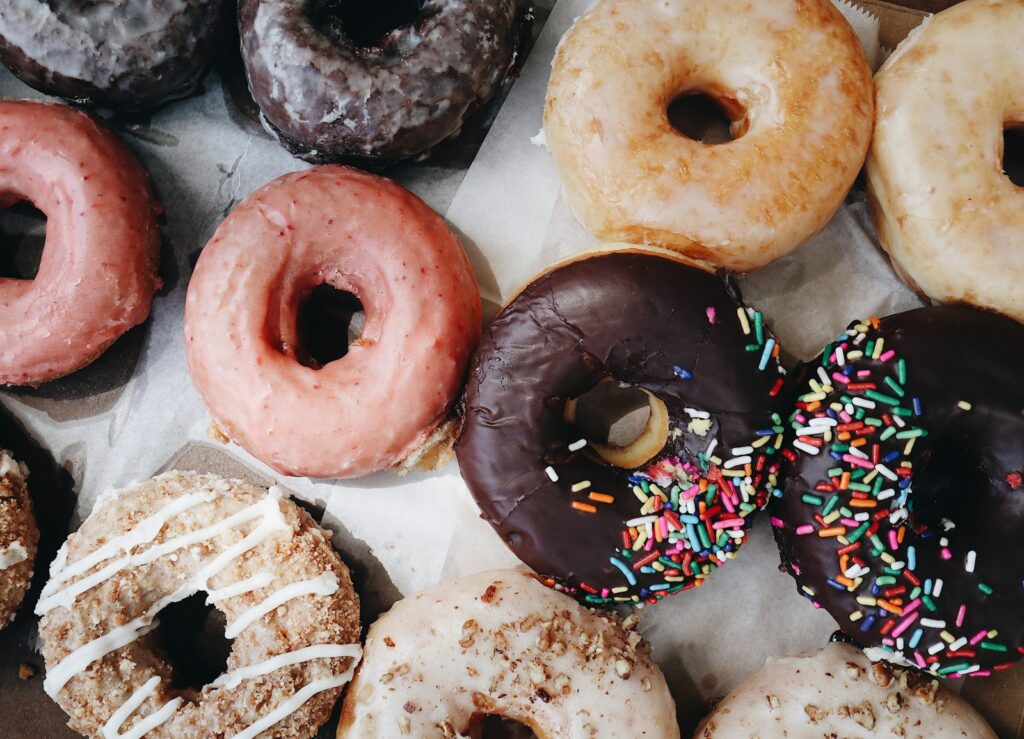
Maybe you loved getting a fancy coffee every weekend or grabbing dessert from your favorite bakery—but now those little indulgences are off the table completely. It’s not about cutting back for health reasons—it’s because your budget doesn’t allow for extras. When you stop treating yourself entirely, it usually means you’re in financial survival mode and just trying to cover the basics.
You Feel Anxious Every Time You Open the Fridge

When you open the fridge and immediately feel stress about how little is inside—or how long it has to last—you’re likely dealing with more than just poor planning. That kind of anxiety usually comes from knowing you can’t afford to refill it anytime soon. It’s not about hunger; it’s about fear that what’s there has to somehow be enough for the rest of the week.
Leave a comment